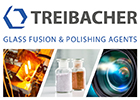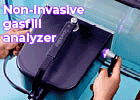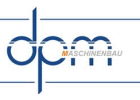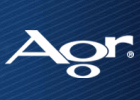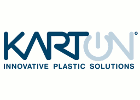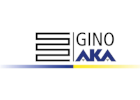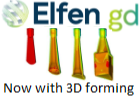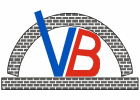In the ever-evolving landscape of the insulating glass industry, economic turmoil is not just a challenge; it’s an opportunity. As a 20-year-old company in the insulating glass industry, we have witnessed first-hand how market downturns can catalyze transformative changes. This article aims to guide insulating glass manufacturers through these tumultuous times, emphasizing why investing in quality is not just a survival strategy but a means to achieve a competitive edge.
The current economic challenges are multifaceted, impacting supply chains, customer demand, and operational costs. The trend globally is that the volume of IGUs is decreasing but history has shown us that those who focus on quality, even when times are tough, not only survive but thrive. As we delve into this discussion, remember: quality isn’t a cost; it’s an investment in your future. Read 7 Ways to Reduce Manufacturing Related Quality Costs.
Understanding the Economic Challenges
The glass industry, like many others, is susceptible to global economic shifts. Fluctuating raw material costs, changing environmental regulations, and unpredictable market demands are just a few hurdles. For insulating glass (IG) manufacturers, these challenges are compounded by the need to maintain high-performance standards amidst cost pressures.
During our customer visits at the IG manufacturers facilities, we have noticed how quickly economic pressures can lead to shortcuts in production. Yet, those who maintained their quality standards experienced less customer attrition and better long-term viability.
The Role of Quality in Market Differentiation
Quality in insulating glass manufacturing is not just about product durability; it is about reputation, consistency, and innovation. In a saturated market, manufacturers who prioritize quality stand out. They build trust with customers who are willing to pay a premium for reliability and excellence.
A few years ago, we worked with a company that decided to invest in quality by purchasing our insulating gas measurement equipment. This decision initially raised eyebrows due to the increased costs. However, the move paid off as their products gained recognition for superior performance. Read How Szkłoland Confirms the Correct Insulating Gas Fill Without Breaking the Glass in the Polish market.
Strategies for Quality Enhancement
Investing in advanced manufacturing technologies is pivotal. Automation and precision engineering not only enhance product quality but also reduce waste and improve efficiency. Research and Development (R&D) is another critical area. By innovating new solutions, you can stay ahead of market trends and regulatory changes.
Quality control and adherence to industry standards cannot be overstated. Implementing rigorous testing protocols ensures that every product meets the high standards your customers expect. Remember, a reputation for quality is hard to build but easy to lose.
Sparklike devices:
Sparklike Handheld™ – for double glazed insulating glass units
Sparklike Laser Portable™ – for double and triple glazed insulating glass units with coatings and lamination
Sparklike Laser Integrated™ insulating gas measurement station integrated to the IG-line – for double and triple glazed insulating glass units with coatings and lamination.
Investment in People and Skills
Quality is as much about people as it is about products. Training and developing a skilled workforce is crucial. Employees who understand the value of their work are more engaged and produce better results. During a downturn, fostering a culture of excellence is a strategic move that pays dividends in employee loyalty and product quality.
Leveraging Quality for Long-Term Growth
Quality breeds loyalty. Customers who trust in the reliability of your products are likely to return and recommend your brand. I recall a client whose steadfast commitment to quality turned a one-time project into a long-term contract, significantly boosting their growth trajectory.
CASE: Window Manufacturer SKAALA Focuses On Quality – Read What They Think About The Trends In The Industry
CASE: SKAALA – Why window manufacturer has measured insulating gas concentration of IGUs around 20 years?
Navigating Financial Challenges
Budgeting for quality in tough economic times is challenging but necessary. Exploring financial aids, grants, and incentives can provide some relief. It is crucial to conduct a thorough cost-benefit analysis to understand the long-term returns of quality investments.
Conclusion
Investing in quality during economic turmoil is not just about weathering the storm; it’s about setting up your insulating glass manufacturing business for future success. By focusing on quality, you can differentiate your brand, build customer loyalty, and establish a foundation for long-term growth. Remember, in the world of insulating glass, quality is not a luxury; it’s a necessity.




